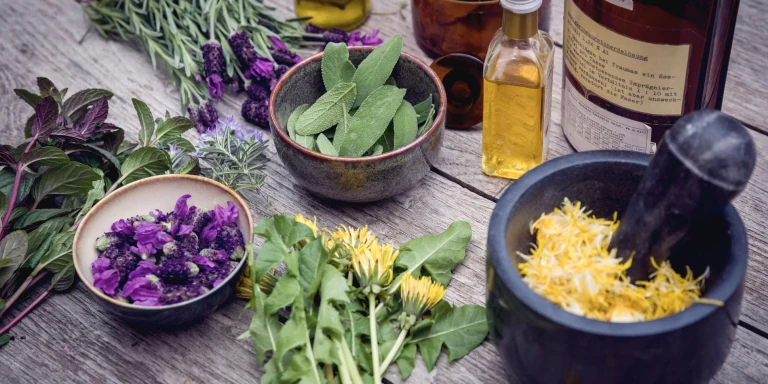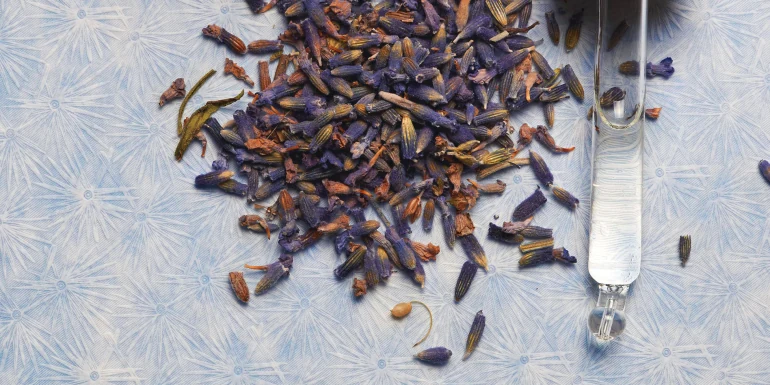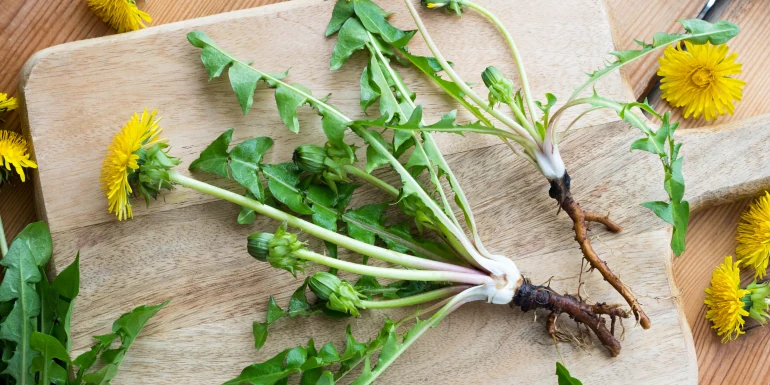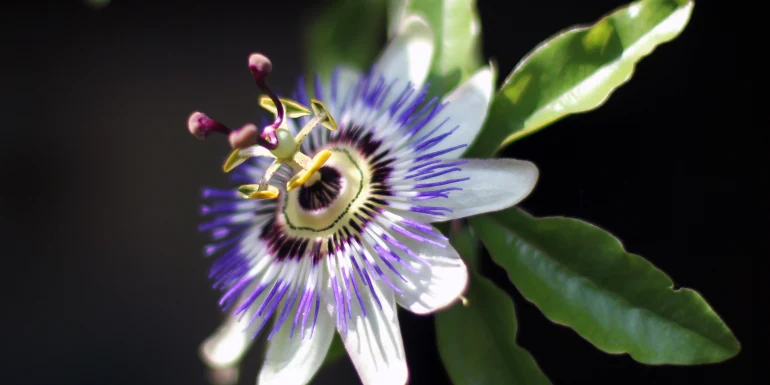Phytotherapy: suitable medicinal plants
Herbal medicine, also known as phytotherapy, is one of the oldest medical therapies. It is an important part of traditional European naturopathy (TEN) and traditional Chinese medicine (TCM).

Phytotherapy uses the healing effects of herbs and medicinal plants to alleviate physical and psychological complaints. The active plant ingredients are extracted and processed to form teas, tinctures, ointments or oils.
Arnica
Arnica can be used externally or internally. Externally, it is massaged into the skin as a tincture or ointment and helps with swelling, sprains and bruises. Internally, however, it is only taken as a homeopathically diluted remedy, because otherwise symptoms of poisoning could occur.
Calendula
Calendula is mainly used externally for poorly healing wounds and for inflammation of the mucous membranes of the mouth and throat – either as an ointment, a tea, a rinse or a hip bath. Less well known, but no less effective, is its soothing effect on sunburn, frostbite, varicose veins, boils, eczema and haemorrhoids.
Camomile
Anti-inflammatory, antibacterial and antispasmodic – camomile is a very versatile medicinal plant. Thus camomile tea not only helps with colds, gastrointestinal infections and stomach ulcers, but also for heartburn, gastritis, inflammation of the gums and ulcerated tonsils. Camomile tea can also be used for external treatment of inflammations, abrasions and mild acne.
Dandelion
In herbal medicine, the dandelion is considered a detoxifying plant. It stimulates digestion and improves diuresis. Its variety of active ingredients gives it a wide range of applications for stomach, intestinal, gall and kidney complaints. Dandelion can be taken as a tea or freshly pressed plant juice or even as dandelion coffee. Its extract can be administered in the form of tinctures, tablets, capsules or powder.
Lavender
Lavender has a strong effect as a medicinal plant, and the range of application is wide. It is used for the following issues:
- Inflammations
- Infections
- Fungal diseases and afflictions (skin fungus, athlete’s foot, nail fungus)
- Skin parasites (including mites)
- Gout
- Rheumatism
- Neuralgias
- Pain in the limbs
- Insect bites and stings
- Coughing
- Stressful mental states
- Fear
- Restlessness
- Headaches
- Migraines
Our services to keep you healthy
With COMPLETA supplementary insurance, 75% of the costs for complementary medicine and remedies during outpatient treatment are covered. You will receive 100% of the costs for inpatient treatment, up to a maximum of CHF 5,000 per calendar year.
Melissa
The medicinal plant melissa, also known as lemon balm, has a gently calming effect on a tense nervous system. It helps with sleep disorders, restlessness and nervous disorders of the gastrointestinal tract. It also provides relief and healing for cold sores. These effects are provided by its essential oil, which is taken in liquid form in teas and as drops or as dry extract in tablets and lozenges, and also as ointment.
Rosemary
Even when used as a spice, rosemary helps against wind and bloating. Taken as a medical remedy, it normalises a low blood pressure – and indeed it can also be used for high blood pressure. Rosemary also aids digestion, relieves muscle and joint pain, and enhances concentration. It also helps for rheumatic diseases. Rosemary oil, on the other hand, contains substances that promote blood circulation and stimulate circulation. Thus a bath with rosemary oil has an invigorating effect. One can massage the oil into the skin to loosen tense muscles. However, rosemary oil should always be dosed correctly when in direct contact with the skin, as otherwise an overreaction may occur.
Sage
As a tea, sage helps with nervousness, tension, stress and anxiety with bouts of sweating.
It also relieves stomach cramps and menstrual complaints and it relaxes the nerves. Sage also promises relief for indigestion.
St. John’s wort
Wounds, injuries and burns – these are treated by external application of St. John's wort in the form of powder, extract or St. John's wort oil. The oil in particular prevents noticeable scarring. It also helps with lumbago, gout, gastritis, rheumatism, stress, anxiety, mild depression and mood swings.
Thyme
Thyme has a wide range of effects, in both internal and external use. It can be taken as a tea, as an extract in cough syrup, for inhalations, as well as in the form of tablets, bronchial pastilles, cough syrup or drops. This is because thyme has an expectorant, antispasmodic and anti-inflammatory effect on coughs, bronchitis and asthma. It also kills bacteria in the gastrointestinal tract and helps with digestive disorders and inflammatory gastrointestinal diseases such as inflammation of the stomach lining, small and large intestine and diarrhoea. Externally, it combats inflammation of the mucous membrane of the mouth and throat, and promotes blood circulation. It also helps with eczema and skin diseases associated with fungi, viruses and bacteria, as well as acne and blemished skin. For such purposes it can be used in the form of ointments, tinctures, or it can be used for baths and compresses for irritated skin and wounds. The tea is also suitable for external use for pimples and blemished skin. Chewing the stalk of the herb can also help against bad breath.
Yarrow
The yarrow is a plant species from the composite or daisy family, which also includes camomile, arnica, dandelion, calendula and sunflower. Depending on how it is prepared, the tea has a calming or invigorating effect. Yarrow can be used externally or internally. Externally for wounds and inflammations of the skin. Internally for gastrointestinal bile disorders, menstrual complaints, and to improve blood circulation.
Phytotherapy and homeopathy
Often we find phytotherapy and homeopathy are lumped together, but in fact they are very different. What both do have in common is that they place value on a holistic view of the human being and his or her afflictions. The therapies focus on the person’s self-healing powers. Plants play a major role in both methods. However, in contrast to phytotherapy, in homeopathy the herbal ingredients are very highly diluted and they are sometimes combined with animal, mineral and other substances. In scientific terms, modern phytotherapy has now come to be recognised by many studies. This is why many plants have their place in today’s medicine – in western phytotherapy, as well as in Chinese herbal medicine.
Do you have any questions about phytotherapy?

Articles about this topic
Liability exclusion
The health information provided here is of a general nature and is intended exclusively for information purposes. It is not a substitute for medical advice. In the event of a health problem, you should always consult a doctor or medical specialist.
Do you have questions?
We're here to help.


